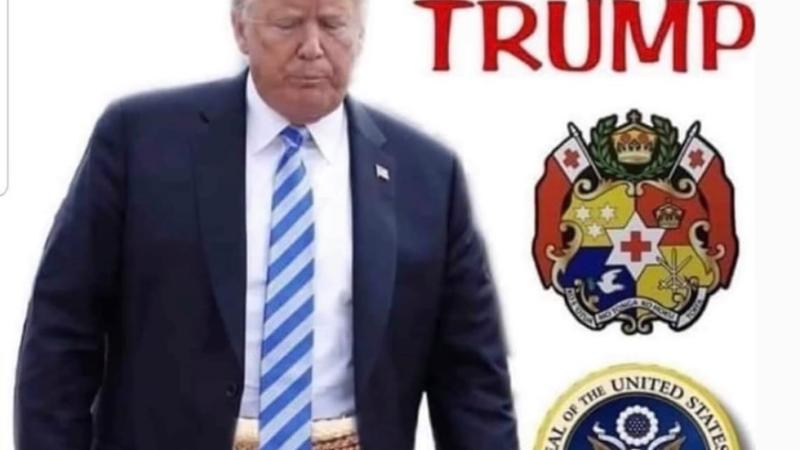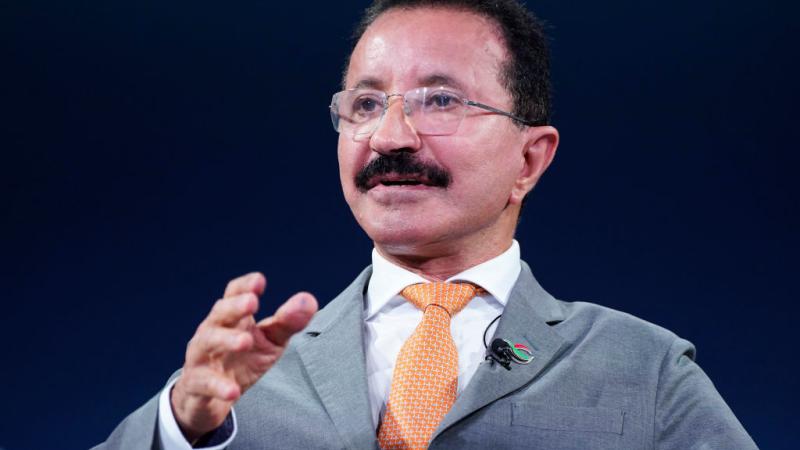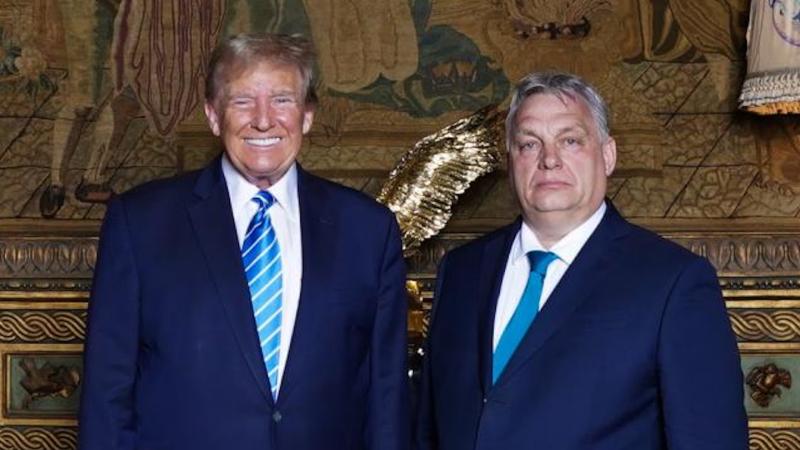CCP uses Big Tech and academia to censor, harass its critics worldwide, they say
"I look at my university and I see the place is absolutely hooked on Chinese foreign student money," Australian academic says.
July 1 was the 100th anniversary of the Chinese Communist Party (CCP) and the 24th anniversary of Hong Kong's handover to China from the United Kingdom.
It was a moment of celebration for the regime and its supporters, including Chinese Students and Scholars Association (CSSA) chapters at British Columbia universities, who competed for prizes from the Vancouver Chinese consulate for showing their "devotion to the Party."
Anne-Marie Brady had a different reaction. Using the CCP's official anniversary hashtag, the China scholar at New Zealand's University of Canterbury mocked President Xi Jinping on Twitter, noting the paltry international recognition for the anniversaries.
Within three days, Twitter had marked the tweets "unavailable," locked her out and hid Brady's account from searches, as documented by a British journalist, Edward Lucas, who pressed Twitter communications for an explanation.
The public scrutiny apparently worked. "Seems like @Twitter may have briefly forgotten they don't work for Xi Jinping," Brady tweeted after regaining control of her account the next morning.
While Twitter told the Associated Press the idea that it's "in coordination with any government to suppress speech has no basis in fact whatsoever," the notices on Brady's suspended account said Twitter detected "unusual activity" coming from it.
This was likely caused by "a concerted campaign by the Chinese Communist Party's online agents," Lucas wrote in his Times of London column. "With minimal cost, effort and risk, thin-skinned dictatorships can unleash a flood of automated complaints that trigger Twitter's response" to criticism of public figures like Xi.
The Foundation for Individual Rights in Education's Sarah McLaughlin, who studies foreign censorship in education, told Just the News she also suspected CCP supporters triggered Brady's shutdown but couldn't say for sure. "That's part of the problem here," that China's influence on tech companies and universities is so shadowy.
"Sometimes it seems like the default" for tech companies to censor, McLaughlin said. Both she and Lucas highlighted LinkedIn's censorship of content within China that mentions sensitive issues such as the Tiananmen Square massacre.
Outside the mainland, Zoom removed users last year for planning memorials of the massacre. The company later apologized and promised more transparency on its removal decisions, which reflects that tech companies are "acknowledging perhaps incomplete protections" for user content, McLaughlin said.
It wasn't Brady's first time facing cancelation for her comments on China. Last fall she accused her university of gagging her during an investigation of complaints about her research on alleged links between the Chinese military and New Zealand universities.
Published by the U.S.-based Wilson Center, a think tank chartered by Congress, Brady's paper said New Zealand is heavily dependent economically on Chinese foreign students and tourists and that China is its sixth-largest foreign scientific research partner.
New Zealand's large neighbor to the northwest is also heavily reliant on China for students, who bring censorship with them to Australian universities, according to a recent report by Human Rights Watch.
Though their government is across the ocean, "many Chinese pro-democracy students in Australia say they alter their behavior and self-censor to avoid threats and harassment from fellow classmates and being 'reported on' by them to authorities back home," the report says.
The organization said it verified Chinese police visited or sought meetings with families of three students to discuss their activities in Australia. A "small but highly motivated" minority of Chinese students intimidates and doxes both peers and academics who are perceived to be critics of the CCP or discuss verboten issues such as Xinjiang, home to the persecuted Uyghur minority.
"You have to choose your words very carefully," according to an anonymous academic quoted in the report. "I look at my university and I see the place is absolutely hooked on Chinese foreign student money."
Interviewed students and academics said harassment and intimidation had risen in tandem with pro-democracy activism in Hong Kong and their own expressions of solidarity as students in Australia.
The report is "disturbing but unsurprising," McLaughlin told Just the News. "It shows the rest of the world what they need to be looking out for" when Chinese students enter their universities. Self-censorship is expected because "what's banned is never fully defined and people don't know what will cross the line."
While a University of Minnesota student received a six-month jail sentence when he returned to China for sharing a meme of President Xi as Winnie the Pooh, more common in the U.S. is preemptive censorship and activism, according to McLaughlin.
An administrator at Harvard Law School allegedly pressured a Chinese dissident in 2015 to postpone a campus event because Harvard's president was meeting with Xi a few weeks earlier.
This spring, the University of Chicago's CSSA chapter unsuccessfully tried to deplatform an exiled Hong Kong democracy activist, Nathan Law, invited to speak at the university's public policy school.
The event "falls outside the purviews of free speech" because Law is a "convicted criminal ... who has publicly glorified violence" and the school is not presenting "the other side of the story with equal treatment," according to a CSSA letter posted by Law. The group invoked the "trauma of discrimination" Chinese students suffered during the pandemic.
The failure to give the Chinese government side of a disputed topic was also invoked by a professor at the U.K.'s Jesus College, which has received hundreds of thousands of dollars from China.
Peter Nolan, director of the school's China Centre, warned students against hosting events on China's treatment of Uyghurs so the college can't be accused of "campaigning" for "freedom for the Weiwu'ers [Uyghurs]," according to a transcript obtained by media organization openDemocracy.
Few colleges are known to have resisted CSSA pressure. McLaughlin said the first "organized pushback" she saw was when a Canadian student government derecognized its campus chapter for allegedly coordinating with the Chinese consulate to protest and harass a Uyghur activist.
Colleges already dealing with financial uncertainty due to the pandemic are "of course fearful of losing access to international students" if they push back too hard or hold CSSA chapters accountable for misconduct, she said.
















